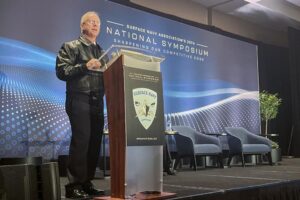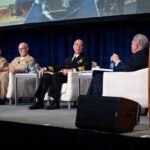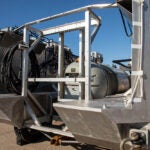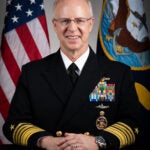
Chief of Naval Operations (CNO) nominee Adm. Daryl Caudle on Thursday said he was open to retiring the USS Boise (SSN-764) attack submarine early due to its long maintenance delays and also entertained the idea of adding more ship repair and even construction work outside the U.S. while domestic shipbuilding ramps up. President Donald Trump nominated Caudle, currently commander of U.S. Fleet Forces Command, in June. Vice Adm. James Kilby has been acting CNO since February when Trump abruptly fired…

 By
By 










